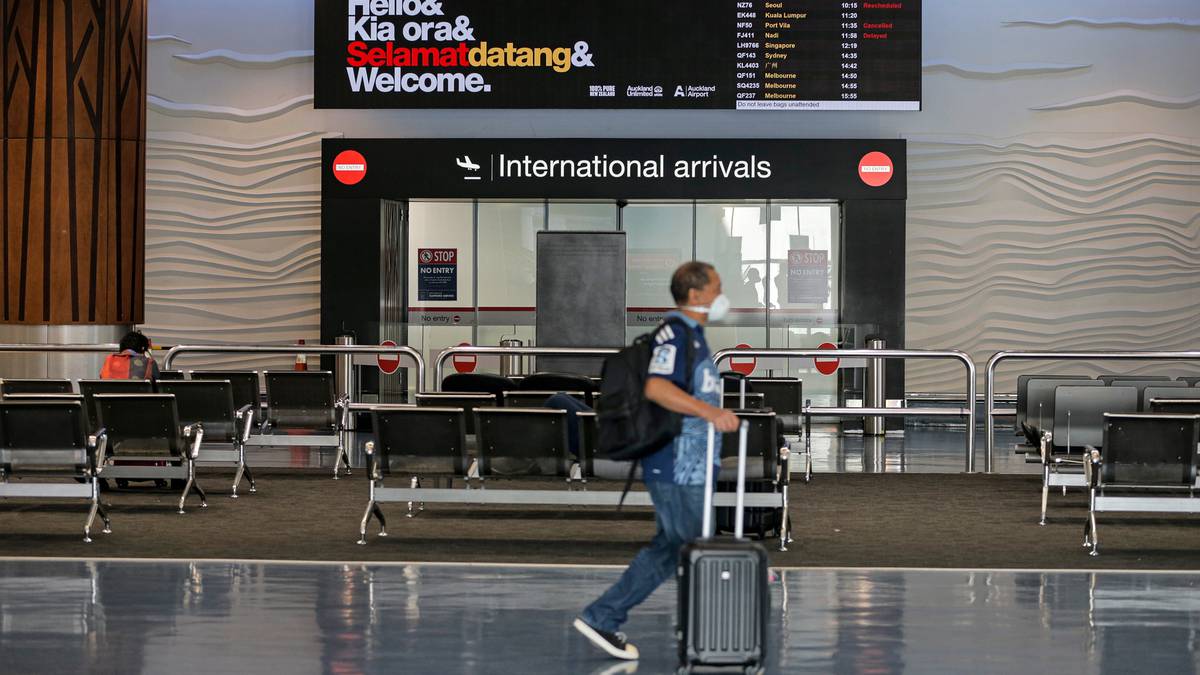Exhausted Northland GPs and frustrated locals unable to enrol in practices may have just been handed a partial antidote from the Government.
On Wednesday Immigration Minister Kris Faafoi announced a major rebalancing of the immigration system that would allow residency applications for internationally trained GPs to be fast-tracked.
Other jobs included in the straight to residence pathway are vets, tech managers, electrical engineers, industrial engineers, surveyors, and psychiatrists.
Migrants will be able to immediately gain residence rather than work for a period of time prior to gaining residence.
All roles would need to be paid a minimum salary – higher for some roles.
Other changes were announced by Faafoi as the Government attempts to steer the country away from the pre-pandemic trend of relying on low-skilled and low-paid migrants.
“New Zealand cannot return to pre-pandemic trends that saw us overly reliant on growing numbers of lower-skilled workers and resulted in the increased exploitation of migrants,” Faafoi said.
The Royal New Zealand College of General Practitioners applauded the change as thousands of international GPs would now be able to boost an overwhelmed workforce.
Roughly 14 million consultations are carried out across the country every year by GPs and rural hospital doctors who struggle to meet demand, the college says.
College president Dr Samantha Murton said before the pandemic hit 40 per cent of the national GP workforce came from overseas.
“With two years of closed borders, high rates of burnout, and data showing 50 per cent of general practitioners plan to retire by 2030, we welcome this news to boost GP numbers which will mean we can provide more access and support to communities.”
Northland is one of the many regions grappling with intense pressure on GP services.
Pleas on social media for help to find GPs were not uncommon in the region.
A Facebook post by a new Kaitāia resident back in March attracted more than 200 comments.
Some painted a grim picture of the GP landscape: “There are not enough GP’s in Kaitaia. The GP’s we have can only work so many hours/days a week. They’re human not machines. [sic].”
“Yip we moved here 2 years ago and couldn’t get a doctor so I just go to my doctor in Auckland,” another added.
Whereas others offered slivers of hope, recounting how they’d either managed to squeeze their way onto the books or practices that may take new patients.
Dr Moira Chamberlain, based at Whangārei’s West End Medical Centre, signalled the change may help Northlanders enrol in general practices.
“More GPs in Northland would mean thousands of currently unenrolled Northlanders would be able to enrol with a local general practice and access services…”
Which in turn, Chamberlain said, would improve overall community health and “ease pressure” on secondary care services.
“Our current GP workforce in Northland is exhausted and overwhelmed and we would welcome more GPs to our community which would go a long way to ease some of our workload and prevent burnout and early retirement.”
According to the GP Future Workforce Requirements Report released earlier this year, an additional 10 GPs per 100,000 people would mean 30 people a year would not die from cancer, respiratory, and cardiovascular issues.
Source: Read Full Article

/cloudfront-ap-southeast-2.images.arcpublishing.com/nzme/UNXDFK7WAXB6IRJKIAFTIFQ3BQ.jpg)
/cloudfront-ap-southeast-2.images.arcpublishing.com/nzme/276DLXWLDLEBMBZGLT75DUGYQM.jpg)
/cloudfront-ap-southeast-2.images.arcpublishing.com/nzme/A56PDYU7CRFV3RS4U67E3Q2V7M.jpg)




